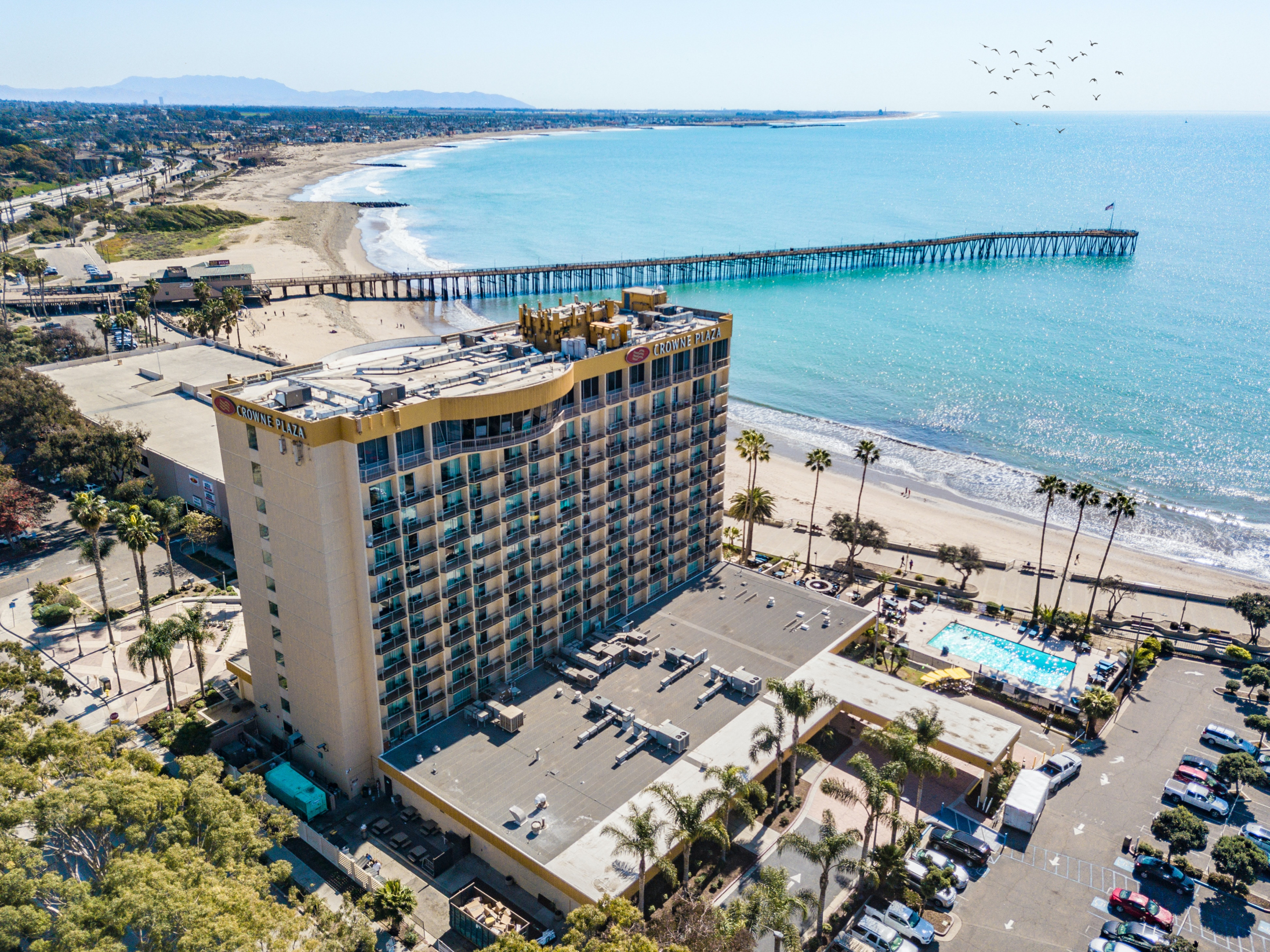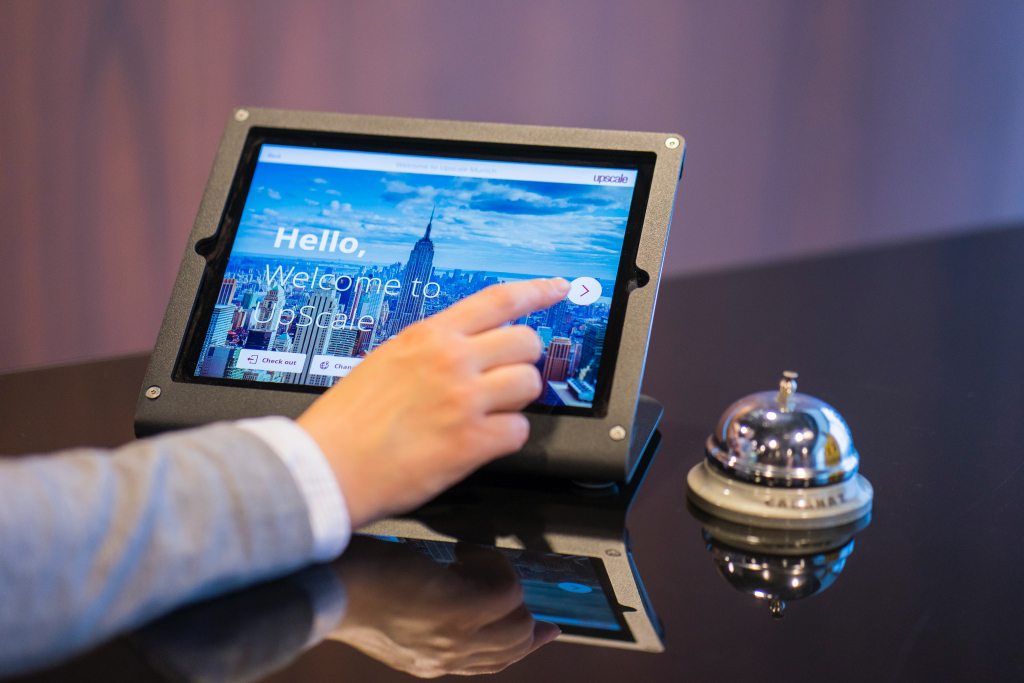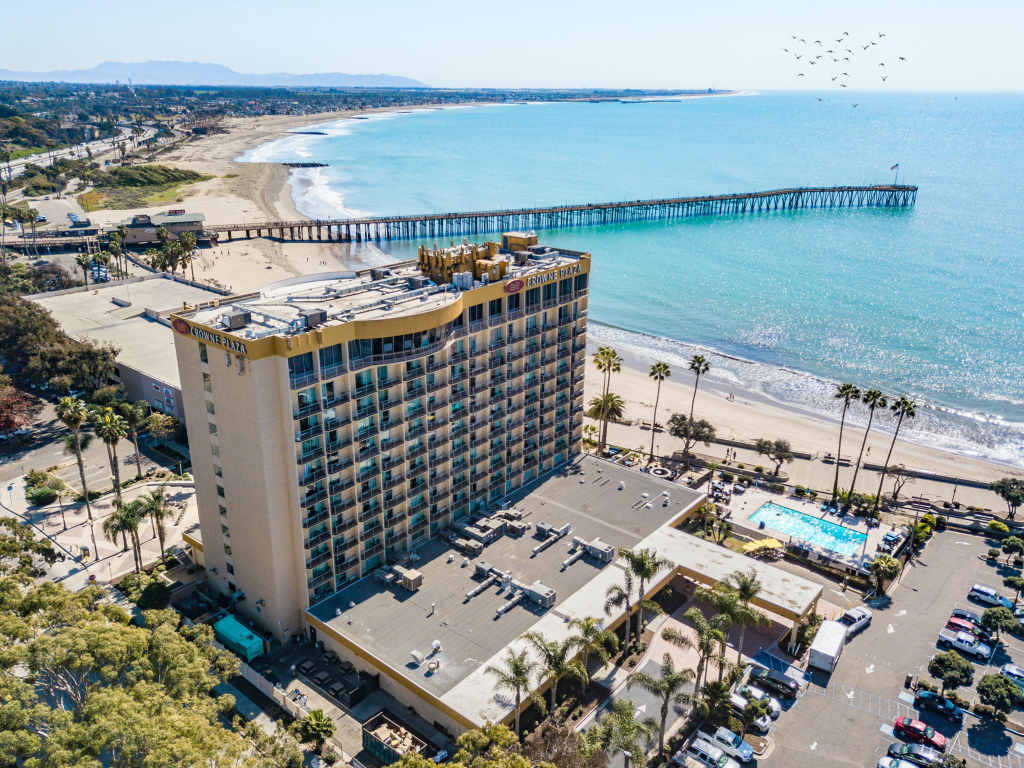As we re-entered the world post-covid, we also re-visited airports, hotels and the world of travel. The Hospitality industry has surged in recent years and continues to see substantial growth. And investors have noticed this trend. An article by JLL real estate noted that global hotel investment is on the rise, with nearly 80% of investors planning on investing in hotel businesses in 2022 and beyond. With a surge of interest in urban markets, 20% of investors indicate that they will deploy between $501 million to $1 billion worth of capital into the hospitality sector.
This influx of investment will continue to raise the tide in hospitality, which has proven to have a healthy ROI compared to other real estate ventures. We are often asked as hospitality industry consultants and hotel property managers how to invest wisely in the best property. Over the 20+ years of experience with hotels we have narrowed it down to specific criteria that will help you assess and identify your next profitable investment.
Location and access
The prime location is one that is accessible via transportation but provides limited competition in the immediate area. Is there an up and coming neighborhood that has limited hotels but is a short train ride away from the city center or a major airport? Purchasing in an area with high density of hotel options might be a safe bet but occupancy and rates will remain stagnant as it continues to compete with neighboring hotels. A way to identify areas growing in popularity is restaurant openings. Restaurants are a key part of the growing infrastructure. Travelers are looking for more unique and local stays but will need access to transport, restaurants and shops.
The prime location is one that is accessible via transportation but provides limited competition in the immediate area.
Hotels that have a good structure
Either architecturally interesting or historically significant. Structure and foundation are qualities that are not easy to create, interiors can be remodeled and guest service improved but the building is a key part of your investment and finding one that stands out from the other options in that area is going to be a differentiating factor when guests are debating which hotel to stay at.

Knowledgeable long term staff.
Hiring is hard and turnover is costly. If a property has a well established staff that has experience in the industry, area and that specific hotel then changes will be a smoother implementation process. Interviewing staff before your purchase can provide invaluable insights to make your final decision. Many of them will have seen first hand the areas of improvement that can be made, understand the variability and demand of that area, and provide highlights of what has worked or not worked in the past to drive occupancy.
Growing and stable demand in the area of stay.
Is this an area with key historical sites? Is it a secondary city that is picking up traffic from the changing trend of those exploring these newly discovered gems? What does the competition look like? These can be evaluated by monitoring google search reports on flights and hotels by region or subscribing to reports by travel publications like Skift or Skyscanners’ Horizon Report. These reports draw from millions of data points to provide top searched cities for prior or current years from travelers.



